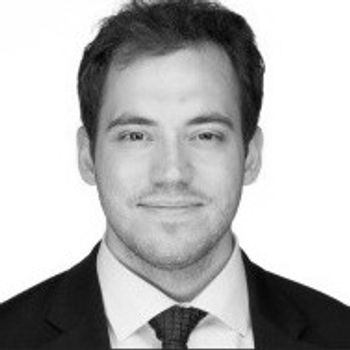Washington U in St. Louis offering drop-in counseling to people feeling anxious over election
The school will let students ‘debrief post-election stress with mental health professionals.’
WashU will also offer ‘Mindfulness Support for the Post-Election Season.’
Washington University in St. Louis is offering several resources, including counseling, to anyone who might be feeling depressed or anxious regarding the 2024 presidential election results.
As part of the series, the school is hosting “Engage Democracy 2024: When the Political gets Personal: Debriefing Post-Election Stress” on Friday. As part of the event, the school’s Center for Counseling and Psychological Services will let students “debrief post-election stress with mental health professionals” in drop-in sessions that they can take “individually or in small groups as needed.”
[RELATED: Georgetown gives students milk and cookies to help them cope with election]
Other events include a “Dessert and Dialogue: Post-Election Impacts” and a “Civic Café Democracy Dinner and Debrief.”
On Nov. 14, the university will also offer “Mindfulness Support for the Post-Election Season,” hosted by “mindfulness teacher” and former pediatrician Katie Bucklen.
Several other schools are hosting different events to help students deal with negative feelings associated with the 2024 election.
Virginia Tech, for example, organized multiple events on the day of the election to let students see therapy dogs and do “free gentle yoga and meditation.”
The University of Michigan’s School of Social Work called on community members to “[j]oin us for an empowering art therapy workshop designed to help you explore and process the emotions stirred up by the election season,” inviting participants to “connect with others while expressing your thoughts and feelings through creative, guided art activities.”
Dartmouth University allowed students to participate in a “Democratic Listening Circle” that served as a “supportive environment where Democratic voters can share their hopes, concerns, and reflections about our country’s direction,” though the Ivy League school also hosted a “Republican Listening Circle.”
Campus Reform has reached out to Washington University in St. Louis for comment. This article will be updated accordingly.

